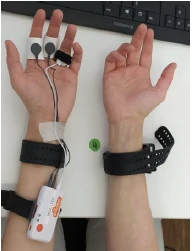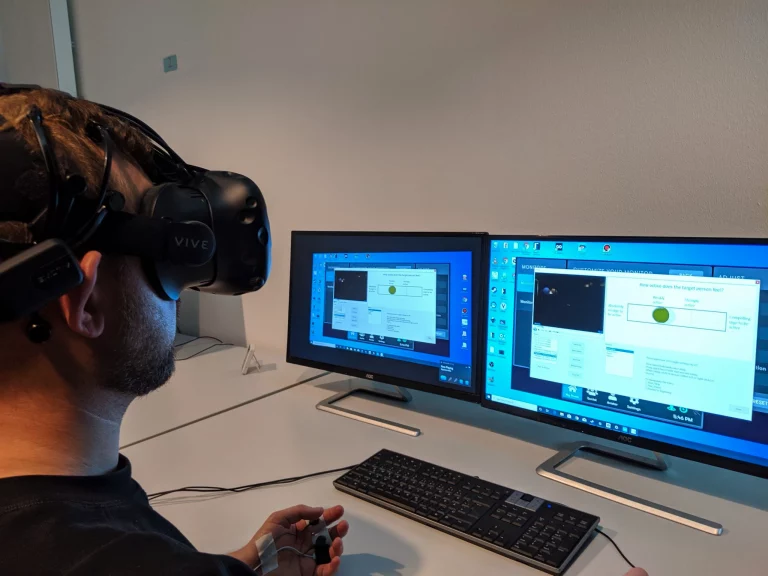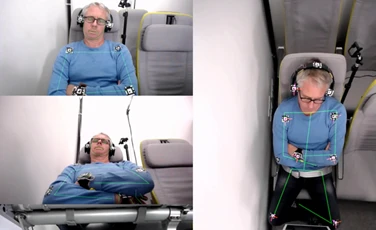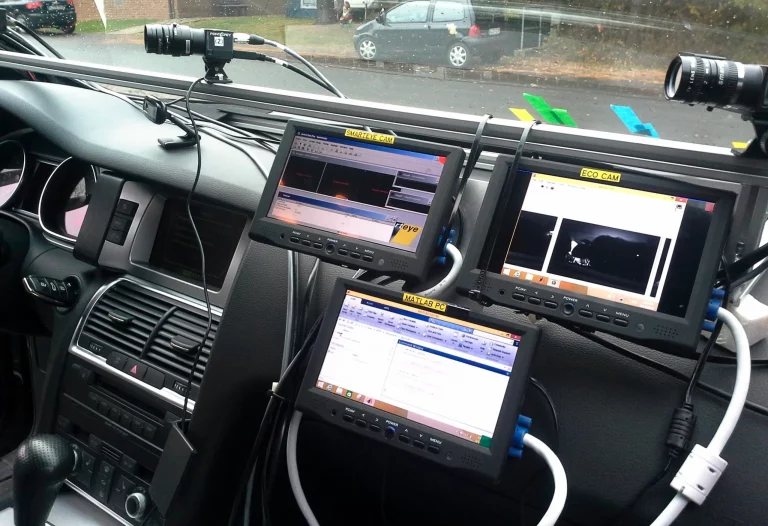Psychophysiology
What is Psychophysiology?
The study of Psychophysiology examines the relationship between physiological signals (generate by the body and the brain) and the psychological processes (mental perception quality). We describe the link between the mental states by using non-invasive measurements from several parts of the body.
Psychophysiology is often a beneficial addition to the methods used to examine a question. It provides further data that does not rely on self-reports. IXP has used psychophysiological methods since its founding. Throughout our many projects we have gathered valuable experience in the application and data analysis of these methods.
Implications
Human cognitive and emotional processes are accompanied by (peripheral) physiological changes such as the release of hormones and activation or inhibition of the sympathetic nervous system. A major challenge when using physiological measurements lies in the reliable and interference-free assessment of data. Electrophysiological signals recorded by sensors attached to the body are highly susceptible to signal interferences such as muscle activity or sensor movement. Consequently, it is important to consider these artifacts in the development of physiological measurement devices. Suitable methods that can test these devices holistically and in high quality are therefore a central prerequisite.
Benefits
By performing psychophysiological measurements we can gain a better understanding of the affective and cognitive state of the physical-mental relations. Using scientific methods combined with the latest measurement technology, we will gain inside that we might not be aware of before, such as changes in emotions or micro-expressions. This can be applied in several fields such as medical and healthcare, or in product and service development, to find a sweet spot in personalized user experience.
Successful Projects
Psychophysiological data collection (EEG, EDA, ECG)
A predictive modelling techniques and pattern recognition-based approach





